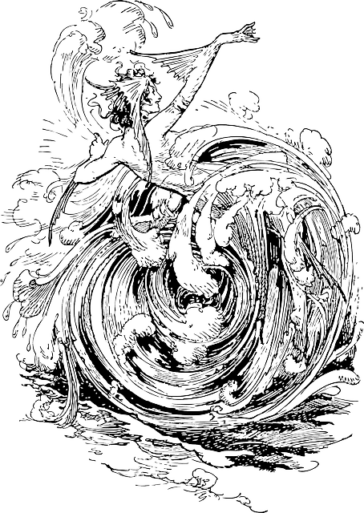The Power of Personification
I don’t know about you, but with all this social distancing I’m finding it difficult to get close to some of my writing. A little trick I sometimes have to play on myself these days is to simply concentrate on just one literary technique at a time. Just one, so I don’t get overwhelmed whether I’m revising or writing something new. And one of my favorite literary devices to play with is personification. Personification is a power-wielding giant, because it … Read More »






